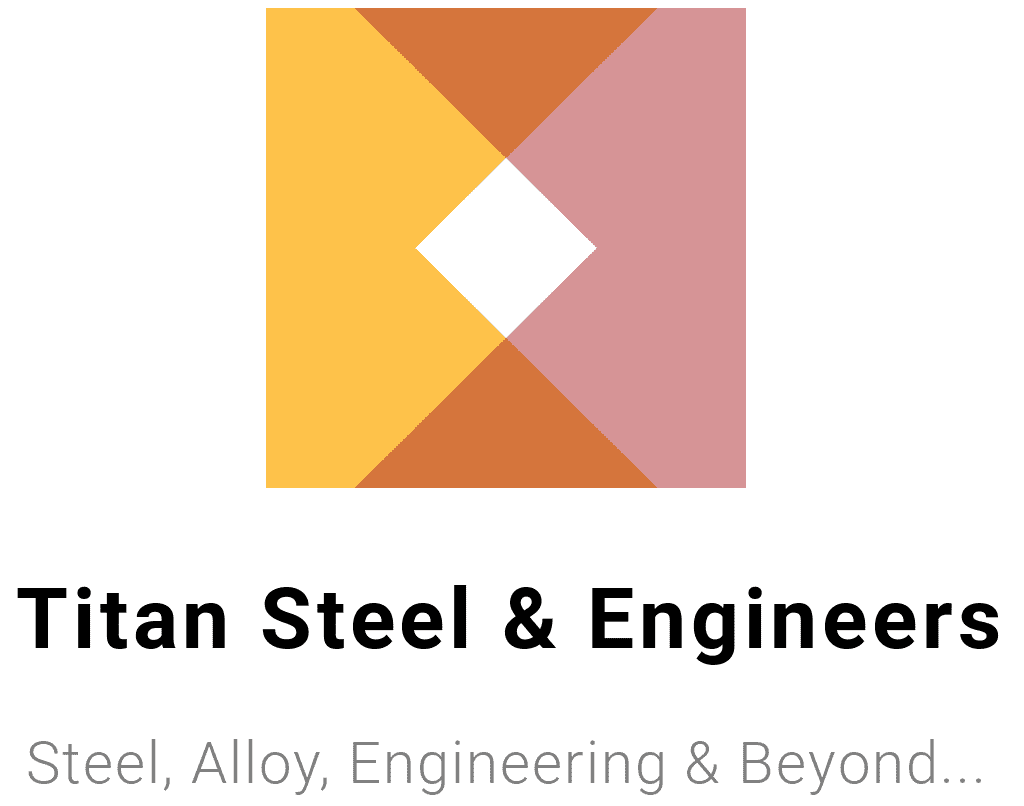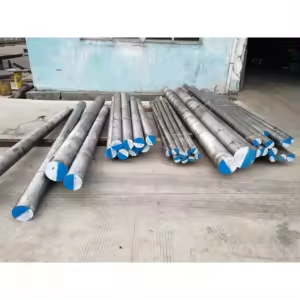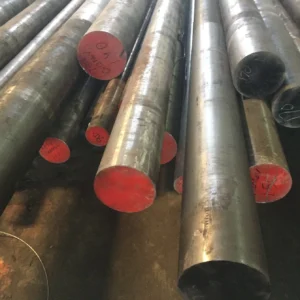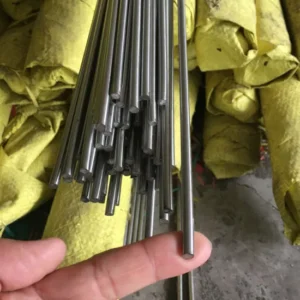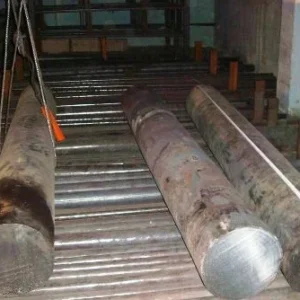Description
D7 Tool Steel Product Description
Engineered for precision and durability, D7 Tool Steel is your go-to material for high-performance tools and demanding applications. Known for its exceptional hardness and unparalleled wear resistance, this steel ensures longer tool life and reduces the need for frequent replacements, keeping your operations running smoothly.
Crafted with a unique chemical composition of high carbon, chromium, and vanadium, D7 Tool Steel is meticulously heat-treated for unmatched strength and reliability. Its manufacturing process guarantees a uniform microstructure, making it resistant to chipping and cracking even under heavy stress.
Perfectly suited for stamping dies, cold forming tools, shear blades, and punches, D7 Tool Steel handles high-pressure applications with ease. Its superior wear resistance makes it equally valuable for any operation requiring precision and dependability, even in the harshest environments.
Choose from a variety of sizes and shapes to meet your specific project needs. For further customization, we’re pleased to offer machining and finishing solutions tailored to your exact specifications.
Supply Cities:
Mumbai Ahmedabad, Amaravathi, Ambattur, Bangalore, Belgaum, Chennai, Chittoor, Coimbatore, Dindigul, Mysore, Nellore, Hyderabad, Kochi, Mangalore, Tirupur, Tuticorin, Madurai, Andhra Pradesh, Karnataka, Puducherry, Kerala, Tamil Nadu, Telangana, Visakhapatnam, Kochi, Kerala, Hubli-Dharwad, Karnataka, Ghaziabad Kolkata.

